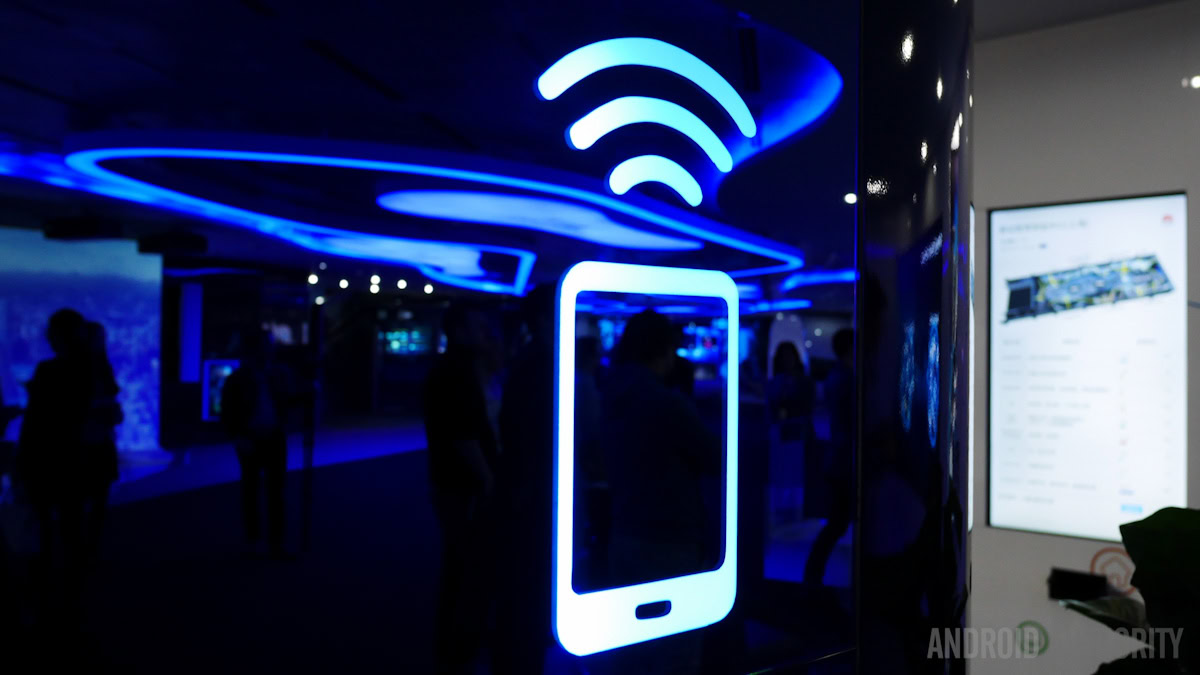Affiliate links on Android Authority may earn us a commission. Learn more.
By the end of the year, almost half the world's population will be online

A new report on the connected world predicts that by the end of 2016, 47 percent of the world’s population will be online. Considering the internet has only really been commercially available since the early 90s, spreading across half the world in a quarter-century is an impressive feat. But the scales of internet access are decidedly tipped in the developed world’s favor.
The United Nations’ International Telecommunications Union reveals that in developed countries, around 80 percent of the population have access to the internet. That percentage drops to 40 percent in developing countries with just 15 percent of less-developed countries (LDC) being able to go online.

These figures are based on the expansion of 3G and 4G mobile networks and lowering device costs. As the report notes, “in 2016, people no longer go online, they are online”. But even 47 percent of what is rapidly approaching seven and a half billion people is still more than 25 percent below the UN’s target for 2020.
By the time the U.S. votes for its next President, the UN expects 60 percent of the world to be online. But it seems unlikely the world will reach that target in time. “Internet penetration levels in LDCs today have reached the level enjoyed by developed countries in 1998, suggesting that the LDCs are lagging nearly 20 years behind the developed countries,” the report notes.
However, ambitious internet delivery projects like Facebook’s internet.org or Google’s Project Loon aim to bypass the most impractical and costly barriers of delivering internet access to remote and rural areas. When these projects take off, countries where as few as one in ten people currently have access to the internet, will finally be able to benefit from the potential that online access makes possible.
What is the longest period of time you can go without internet access? How many hours a day are you online?
Related: